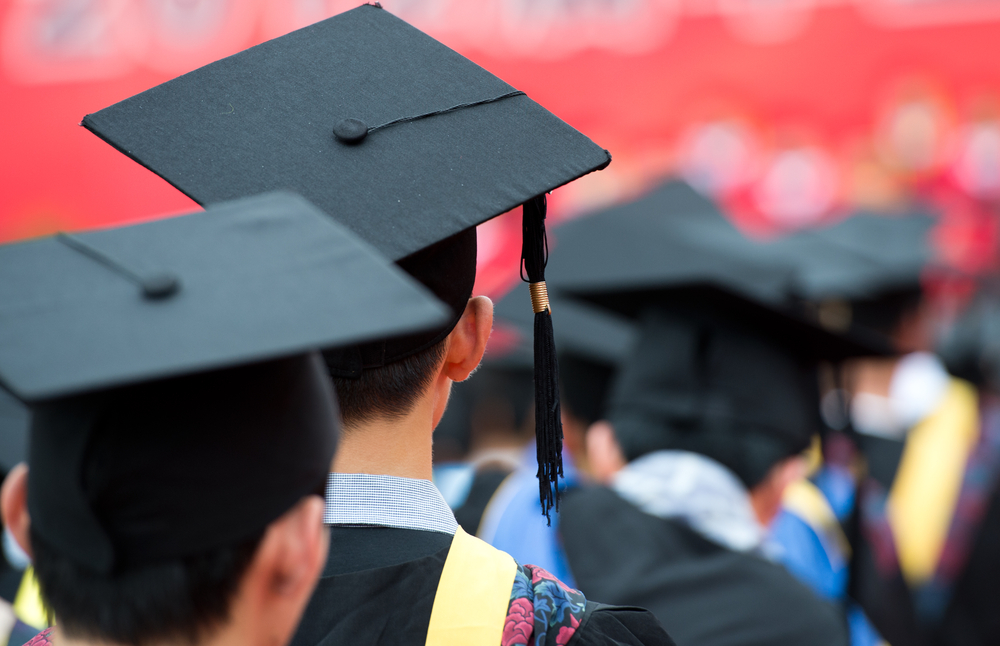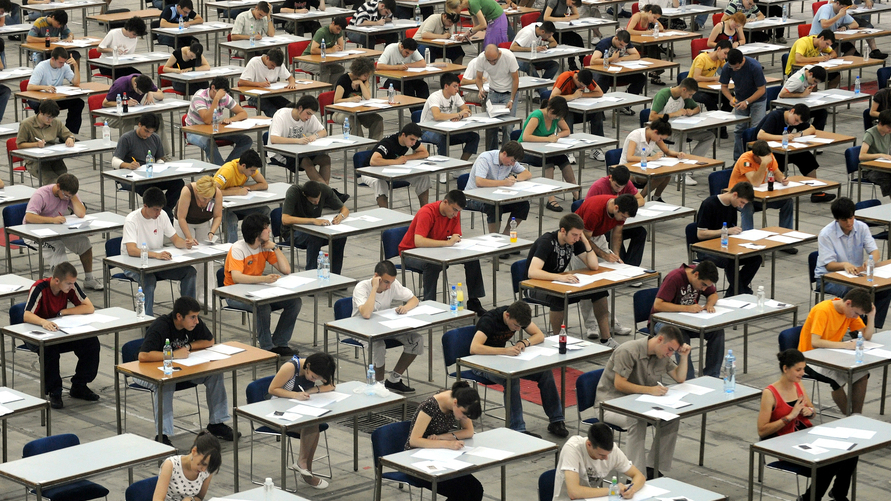The Most Important Lesson in College: How to Learn

Jeffrey J. Selingo writes today in The Washington Post that too many college graduates are entering the workforce without the skills employers are looking for. He cites polls and other pieces of evidence indicating that a whole lot of people attending college today are more or less just there to eat their lunch. In America, there’s a facile belief that having a college diploma automatically means you’re skilled or accomplished. We place far too much value on the piece of paper rather than the intellectual core of what a diploma is meant to represent.
One study is the result of a test administered to 32,000 students at 169 colleges and universities. It found that 40 percent of college seniors fail to graduate with the complex reasoning skills needed in today’s workplace…
A second study released this month found a similar disconnect between what employers need and the readiness of college seniors.
So what is it that so many of these recent graduates are missing? The ability to adapt. To innovate. To draw conclusions and make a decision.
The ability to learn.
It’s a curious thing to think about, especially since the ostensible understanding is that people attend college to learn stuff. But as Selingo notes, today’s generation has been raised on syllabi and rubrics. They can only operate within established paradigms. That structure works well in academia; it doesn’t translate at all to the outside world.
This leads us to the million-dollar question: how did academia become the proving grounds for professional success? Sometime in the past 50 years, before higher education became oversaturated, society saw that people who graduated from college experienced greater professional success. The conclusion drawn from this observation was not “those people had the ambition to attend college and that ambition transferred to other realms,” but rather “a college diploma must be a golden ticket to the chocolate factory of life.”
Fast-forward a few decades, strip ambition away from collegiate life, and you’ve got our current status quo. Assigning blame does little good—what we’re in need of is solutions. Selingo mentions in his piece that there’s hope for prospective college students:
“If you’re a parent of a high-school senior or prospective college student, these findings might make you wonder if there is any hope for a good job after college graduation. There is, but whether a student launches after college depends largely on what they do while in school. Just getting the sheepskin no longer guarantees a good job.”
The most important thing you can learn in college is how to learn. The best way to do this in the current university structure is through experience:
“Employers tell me that students who dedicate time and effort to their major or an outside-the-classroom activity, secure multiple internships during their four years, and take on leadership roles are more likely to possess the skills needed for the workforce than students who drift through college. The best skill that students can learn in college is actually the ability to learn.”
Read more at The Washington Post.
Photo credit: Pressmaster / Shutterstock




